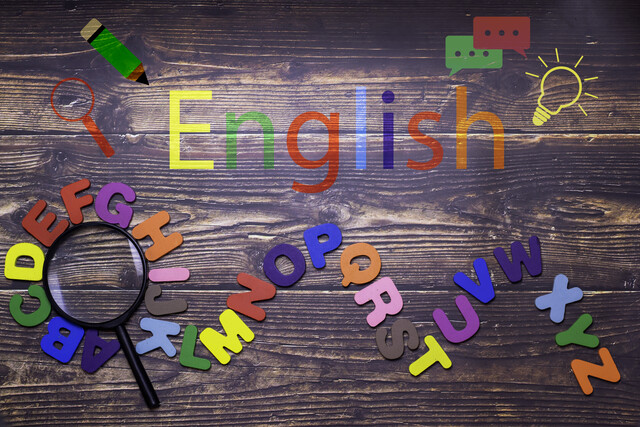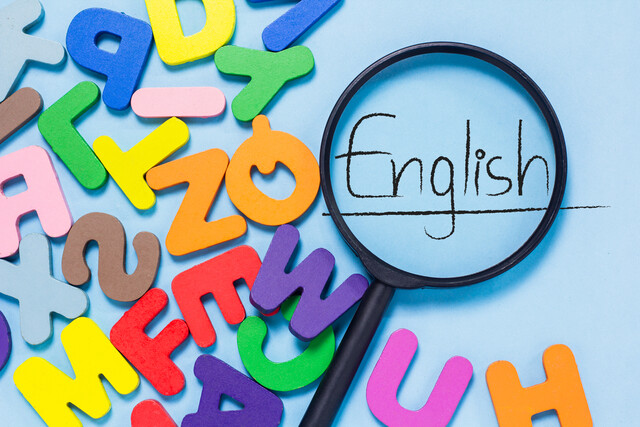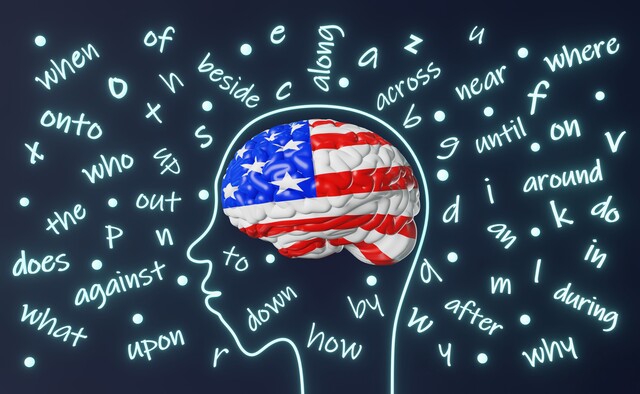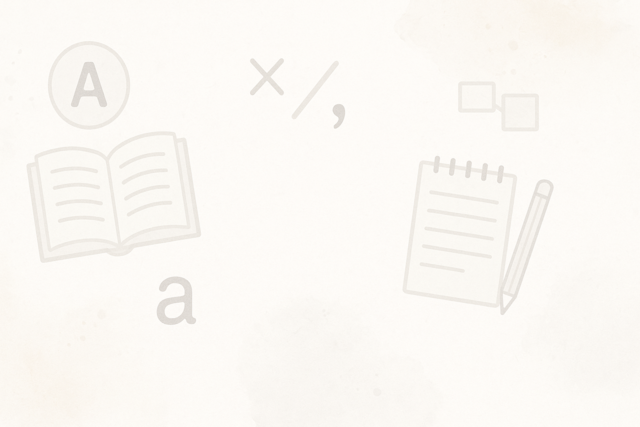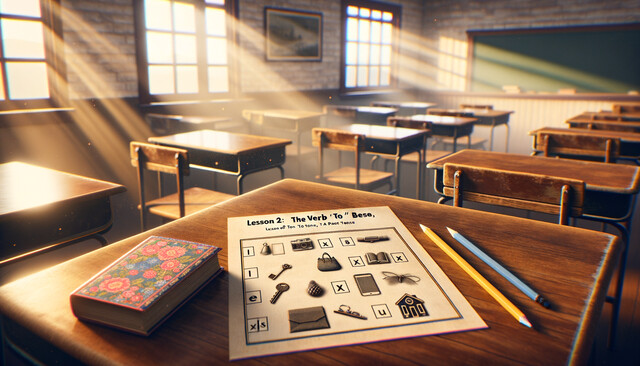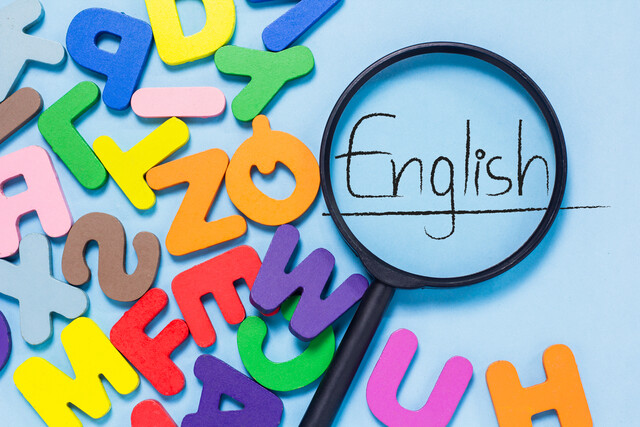Teaching the Second Conditional
Teaching the second conditional can be quite a challenge except for one thing that helps a lot, which is this question: "What would you do if you won a million dollars?
Yes, that one question, and others like it, is enough to spark the kind of interest that can make students forget the seemingly bizarre rules of the second conditional.
In this article you will get tips for teaching this conditional form, learn some background info that you need to know before approaching the subject, review of the uses of "would," and explore a classroom lesson plan that include ideas for different activities.
The rules
Think about the sentence "If I won a million dollars, I would buy a house." Why do we use the (apparent) past tense of the verb "to win" in that sentence? Because.we just do.
Even though we are talking theoretically about the future, we use the this tense form in that part of the sentence. In fact it's not the past tense, it's just a change in tense that means something different in this case.
In other words, tense does not always equate to time. In English, tense changes can mean something other than signifying past, present or future, and the same tense can mean past, present or future. That is one big bump in the road you will have to get over with your students.
That's why it's best to go through a class on second conditional first by using a lot of exercises that get across the meaning of the sentences and then by having fun discussion activities so the students start using the grammar in a way they enjoy.
When to teach the second conditional
A class on the second conditional comes sometime after the zero and first conditionals (although in an advanced class you might review all the conditionals in one class).
It also can follow an introductory class on modals, focusing on would, could, should, must, might etc.
Since the students already know the first conditionals, that can be used in your class on second conditionals.
For example, since they know "If we go to a restaurant, I will pay," you can show them the next step of "If we went to a restaurant, I would pay." (But we are not going to a restaurant.) It is based on a condition that is not happening (in the above example, they are not going to a restaurant, at least not yet) or a condition that is very unlikely, as in "if I won the lottery."
The challenges of "would"
The other big bump in the road in terms of teaching the second conditional is the word "would." It's a modal, which many students find difficult. It's also used in other radically different ways in English.
It's a kind of past tense of "will" and "going to" in sentences like "I canceled the picnic because I thought it would rain."
We use it in reported speech, sentences like "I said I would go."
It's a kind of synonym for "used to" in sentences like "We would go to the beach every weekend when I was a child."
It's also used in polite requests ("Would you help me?")
It is used with "wish," in such sentences as "I wish you would help me."
The problem of "was/were"
Yet another obstacle to overcome is the fact that in the sentence "If I were you, I would do it," "were" is the correct form of the verb to be, but saying "If I was you, I would." has become so common in spoken English among native speakers that it's now accepted as an alternate form.
Since this course on teaching grammar stresses the value of communicative lessons (lessons that focus on teaching the students to actually communicate rather than just being able to, for example, pass a test), English as it is really spoken is valued over technically correct English that may sound stilted or antiquated.
This classroom lesson will show you how to present both "If I were you" and "If I was you" in the context of the second conditional.
LESSON PLAN
Class Objectives:
Students will learn second conditional usage in both a personal and business context.
Students will learn the vocabulary: a disaster, a superpower, to take a job, to break, angry.
Note: This lesson plan is for lower-intermediate students and introduces only "If - would" forms. In this case, a class on If - could, if - might etc. is saved for another day.
Presentation
Present and drill the vocabulary words in the way we have learned.
For the grammar part of the class, start the class off by writing this on the board:
If I won a million dollars, I would buy a BMW.
Read this aloud, have the students repeat once.
The next step uses a trick for teaching the tenses in conditionals by presenting example sentences in a most basic form, using verbs and nouns that the students know well.
This example uses the verbs "to make" and "to eat." (Note: "to have" is not used in this example to avoid confusion with "If I had made." which students will learn in a third conditional class. But "to have" is used later in the lesson plan.)
So the next step will look like this on the board when you are done. Note the space in the middle:
TO MAKE TO EAT
She makes a pizza. I eat the pizza.
(But she won't make a pizza, so I won't eat a pizza.)
Start by writing "to make" and "to eat." Then write the lines "She makes a pizza" and "I eat the pizza. Say them out loud after you write them. This reviews the simple present.
Write the first conditional line and say it out loud. This reviews the first conditional.
Now write the second conditional line. Say "She won't make a pizza" and then emphasize "if," "made" and "would eat" when you say the line, "IF she MADE a pizza, I WOULD EAT the pizza."
Now write this question in the space that you left above the second conditional sentence, so that it now looks like this:
TO MAKE TO EAT
She makes a pizza. I eat the pizza.
(She won't make a pizza.) If she MADE a pizza, I WOULD EAT the pizza.
(But she won't make a pizza, so I won't eat a pizza.)
and after have the class repeat after you:
If she made a pizza, what would you do?
If she made a pizza, I would eat the pizza.
Go back to the sentence you wrote at the beginning:
If I won a million dollars, I would buy a BMW.
Add these questions and add the new form of the answer, using arrows and underlining, to show that the order of the parts of the sentence can be switched:
If you won a million dollars, what would you do?
lm
What would you do if you won a million dollars?
If I won a million dollars, I would buy a BMW.
lm
I would buy a BMW if I won a million dollars.
Have the student repeat the sentence after you, and point to the parts of the sentences as you read them to show the change in order.
Now show them some negative sentences, writing and reading them aloud, etc:
If I won a million dollars, I would not spend it all.
If I didn't have to work, I would travel more.
Now write:
Was or Were?
What would you do if you was/were rich?
If I was/were rich, I would buy a BMW.
If I was/were you, I would not buy an expensive car.
Read each line twice, the first time with "was" and pointing at the word as you read it, the second time with "was," doing likewise. Have the students repeat. Then again indicate "was" and say "this is okay." Then indicated "were" and say "and this is okay." Have them repeat the lines one more time.
Practice
It's best to start off with a simple written exercise to see how the students are doing with everything they have been presented.
Model the exercise by writing the example from the quiz below on the board. First write it with blanks and then see if the students can call out the correct answers as you read it. Either way, read each line and fill in the blanks as you read it:
If I had a million dollars, I would buy a big house.
(to have) (to buy)
Then indicate the handout with the exercise, showing that it has the same example. Hand out the exercise, and say "five minutes." As always, go through the class to monitor and give assistance.
Practice 1
Make sentences.
Example:
If I had a million dollars, I would buy a big house.
(to have) (to buy)
1. If we ______________ the lottery, we _______________.
(to win) (travel)
2. If he ______________ German, he ________________ in Germany.
(to speak) (get a job)
3. If I ____________ more time, I _______________ cook every day.
(to have) (to cook)
4. If John ____________ more, he ______________ more money.
(to work) (to make)
5. If Mary _____________ more, she _______________ a better student.
(to study) (to be)
6. If Mary __________ a better student, she ______________ better grades.
(to be) (to get)
7. If I ________________ a crime, I ________________ the police.
(to see) (to call)
8. If I _______________ you, I ________________ a new job.
(to be) (to get)
When finished, choose students at random to read their answers.
Present the next practice in the same way as the first, writing the example on the board, monitoring the student's work, etc.
Practice 2
Example:
If he didn't eat pizza every day, he would be healthier.
(to not eat) (to be)
1. If you _________________ always late, your boss _______________ so angry.
(to not be) (to not be)
2. If I _______________ a job, I _____________ money.
(to not have) (to not have)
3. If I ________________ you, I _______________ at your job.
(to be) (to not stay)
4. If she _______________ English perfectly, she _______________ English lessons.
(to speak) (to not need)
5. If my mobile phone _________________, I _____________________ a new one.
(to not be broken) (to not need)
Practice 3
Now it's time for the students to have some fun and use what they have learned. This exercise is actually a transition to the Presentation, since they will use the same questions.
Pair the students up and give them the exercise below. Before handing it out, model it by calling on one of the better students. Ask him or her:
What would you do if you saw a crime on the street?
Write the student's answer on the board. For example, you called on Maria, and Maria answers you. You write her answer on the board and say to the class:
She would call the police.
(or)
She would run away.
(etc.)
Hand out the exercise to the pairs of students announce a short time period that leaves plenty of time for the Presentation (it's okay if they don't finish all the questions), and check the answers as you monitor the class.
Practice 3
Take turns asking the questions and write the answers.
Example:
What would you do if you saw a crime on the street?
If she / he saw a crime, she / he would call the police.
1. What would you do if you won a million dollars in the lottery?
2. If you had a free airplane ticket to anywhere, where would you go?
3. What would you do if you had more free time?
4. If you had a super power, what super power would you want? (to fly, to be invisible, etc.)
5. What would you do if you didn't have to work?
6. If I gave you $1 would you clean my house?
7. If I gave you $1000, would you clean my house?
8. If you saw someone drop $100 on the street, would you keep it?
9. If I told you I was a bank robber, would you believe me?
10. If there was a big disaster and your house was destroyed, what would you do?
11. If you weren't in class now, what would you do instead?
12. If you met a famous person, who would you want to meet?
13. If you could go back in time, what would you do?
Production
Put the class into new pairs. Indicate the handout they already have and tell them: "Ask and answer the questions. Don't write, just talk." They will now be able to take the previous exercise and practice in open conversation with a new partner.
Some song ideas
In Lesson 20 we will go over in detail how to use songs in classroom lessons. Here are some songs for teaching the second conditional:
"If I could turn back time" by Cher
"If I had a hammer"
"If I had a million dollars" by Barenaked Ladies












